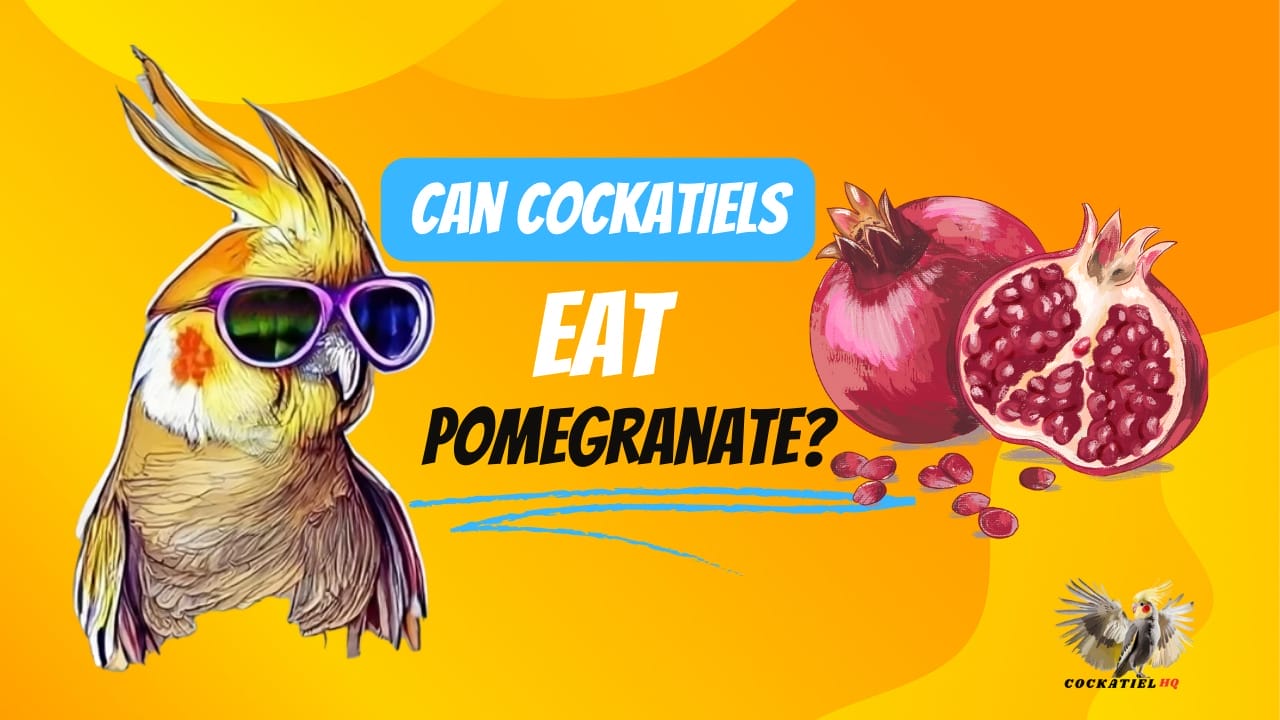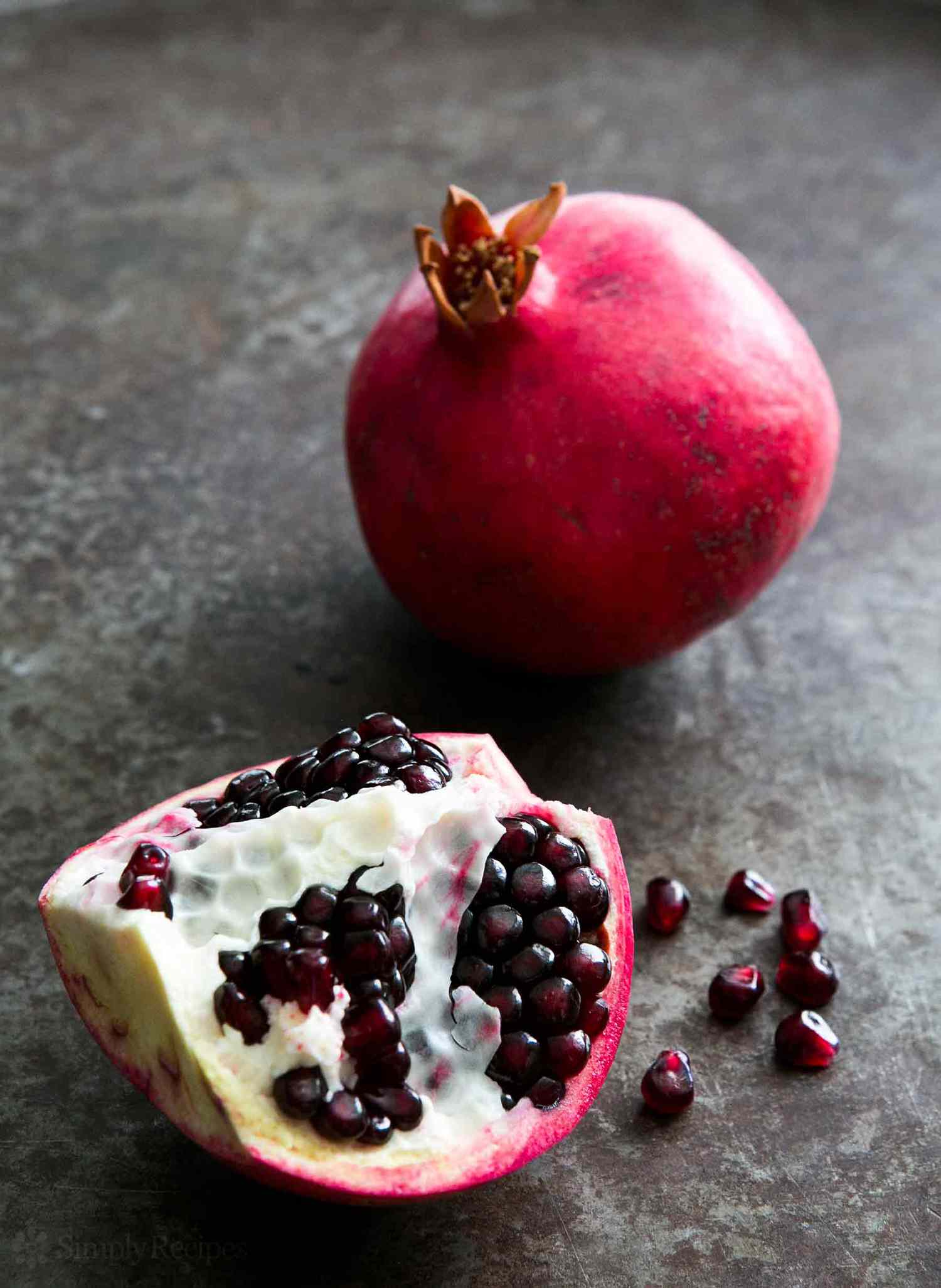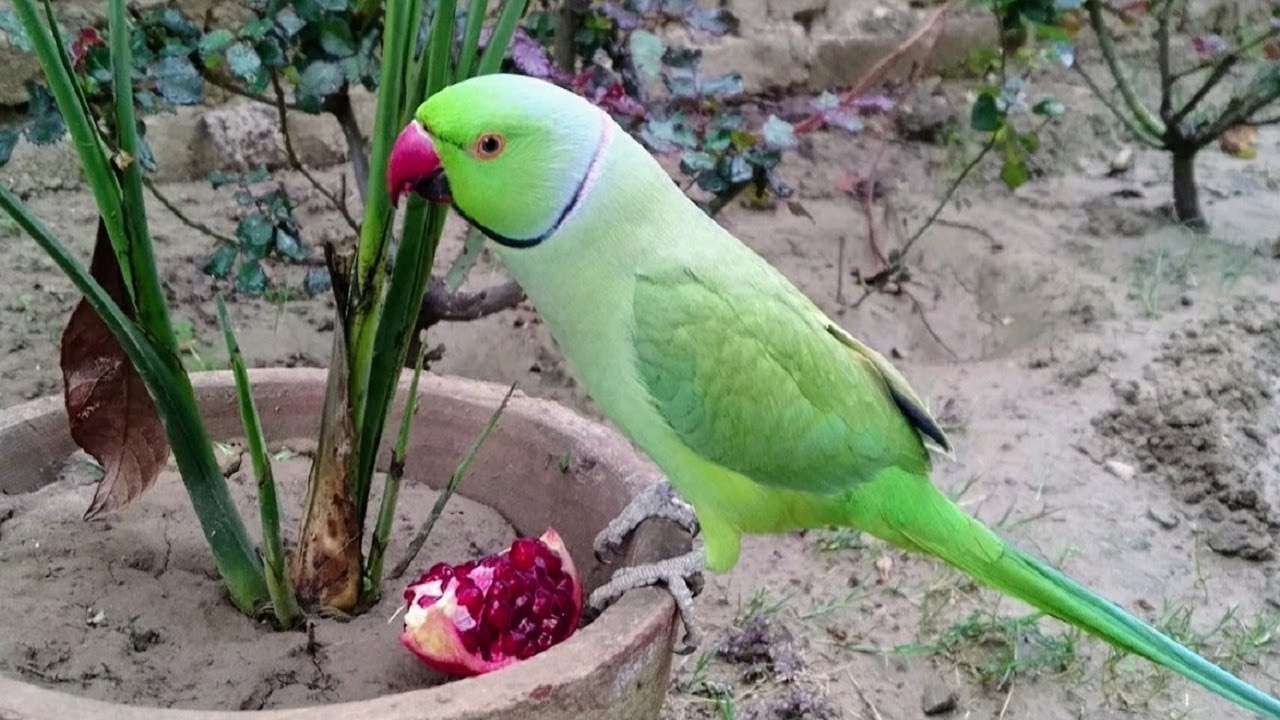Conures are known for their lively and playful nature, making them popular pets among bird enthusiasts. As responsible pet owners, it is important to provide them with a varied diet that meets their nutritional needs. One question that often arises is whether conures can eat pomegranate.
The Benefits of Pomegranate for Conures
Pomegranate is a fruit rich in vitamins and antioxidants, and it can offer several health benefits to conures when incorporated into their diet. Here are some of the key advantages:
- Vitamin C: Pomegranate is an excellent source of vitamin C, which plays a vital role in boosting the immune system and promoting overall health.
- Antioxidants: The antioxidants present in pomegranate can help protect the conure’s body from cell damage caused by free radicals, reducing the risk of diseases.
- Fiber: Pomegranate contains dietary fiber, which aids in digestion and promotes a healthy digestive system in conures.
- Hydration: Pomegranate has high water content, making it a refreshing treat that can help keep your conure hydrated.
- Energy Boost: The natural sugars in pomegranate can provide a quick energy boost for your conure, especially during playtime or training sessions.

Credit: cockatielhq.com
How to Safely Introduce Pomegranate to Your Conure
While pomegranate can offer numerous health benefits, it is important to introduce new foods to your conure’s diet gradually and in moderation. Follow these tips to ensure a safe and positive experience:
- Choose Fresh and Organic: Select fresh organic pomegranates to avoid harmful pesticides or chemicals.
- Preparation: Wash the pomegranate thoroughly and remove the seeds from the white pith.
- Start Slow: Begin by offering a small piece of pomegranate as a treat, observing your conure’s reaction. If they enjoy it and show no adverse effects, you can gradually increase the portion size.
- Remove Seeds: Although the seeds are safe for conures to consume, they can present a choking hazard. Consider removing the seeds or crushing them before feeding.
- Variety and Balance: Remember to offer pomegranate as part of a varied and balanced diet. It should not be the only food your conure consumes.
Food to Avoid Feeding Conures
While pomegranate is safe and beneficial for conures, it is essential to be aware of foods that are toxic or harmful to them. Avoid feeding your conure:
- Avocado: Avocado can be toxic to birds and should never be fed to conures.
- Chocolate: Chocolate contains theobromine, which is toxic to birds and can be fatal if ingested.
- Caffeine: Caffeinated beverages or foods can cause serious health problems in conures.
- High Sodium Foods: Salty snacks and processed foods should be avoided, as excessive sodium intake can be harmful to conures.

Credit: www.bugbog.com
Frequently Asked Questions Of Can Conures Eat Pomegranate: A Nutritional Powerhouse For Your Feathers Friends
Can Conures Eat Pomegranate?
Yes, conures can eat pomegranate in moderation. However, remove the seeds as they can be a choking hazard.
Is Pomegranate Safe For Conures?
Yes, pomegranate is safe for conures to eat. Just make sure to remove the seeds and offer it as a treat.
How Can Pomegranate Benefit Conures?
Pomegranate is a great source of vitamins and antioxidants for conures, boosting their immune system and overall health.
What Are The Risks Of Feeding Pomegranate To Conures?
The main risk is choking on the seeds, so it’s best to remove them before giving pomegranate to your conure.
Conclusion
Pomegranate is safe and nutritious for conures, offering several health benefits. However, it is important to introduce it gradually into their diet and ensure it is part of a varied and balanced meal plan. Remember to remove the seeds to avoid a choking hazard, and always prioritize your conure’s safety and well-being when considering any new food options.

